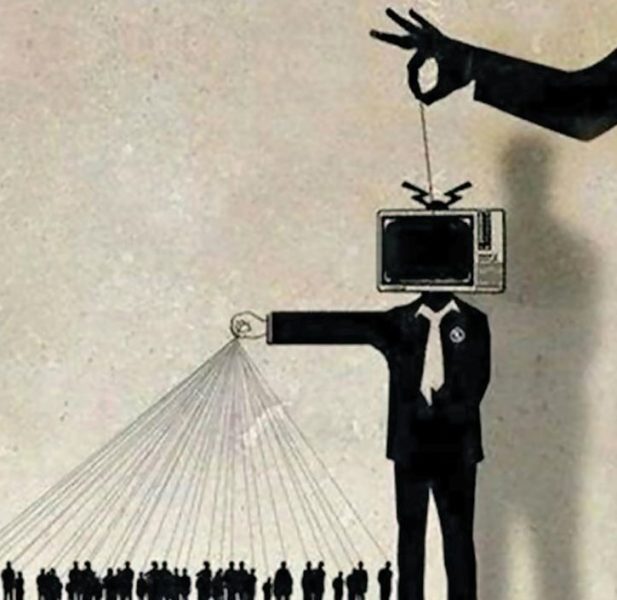

After his victory in the 2019 elections, the Prime Minister Kyriakos Mitsotakis, by way of a General Presidential Decree (Issue A ‘119 / 08.07.2019 of the government gazette) placed the General Secretariat of Information and Communication, which is the supervising body of ERT and the Athens News Agency – Macedonian Press Agency under the supervision of the Maximos Mansion, the Greek Prime Minister’s Office.
Article 5 of the decree specifically states that “[…] to the Prime Minister are transferred, as a set of responsibilities, positions, staff and supervised bodies, the General Secretariat of Information and Communication, as it was organized under the provisions of Chapter E of the Presidential Decree 82/2017 as well as the Special Secretariat for Crisis Management Communication as organized under the provisions of Chapter F of the same decree.”
However, Mitsotakis’ decision to put ERT under his own office’s supervision received similar criticism, as it was seen as a sign of centralization of power and increasing control of public service broadcasting by the government.
In fact, in October 2020, the Council of State’s Section 5, in Opinion No. 174/2020, judged that “radio and television are under the direct control of the state, a concept which goes beyond the scope, content and the meaning of state supervision. It is the National Broadcasting Council and not the central public administration that is charged with control of and imposition of sanctions on the radio and television media “.
In a state that adheres to the rule of law, where individual rights and in particular freedom of the press are protected, journalists have the right to practice their profession freely and independently, without censorship or influence. Furthermore, the public broadcasting services and news agencies should operate without influence from the state and the government, and be able to pursue stories that are critical of the government as a check on the abuse of power.
Only independent authorities, such as the National Broadcasting Council, at least in theory, should oversee public broadcasting and information services and not a government office such as the Prime Minister.
Bank Account number: 1100 0232 0016 560
IBAN: GR56 0140 1100 1100 0232 0016 560
BIC: CRBAGRAA
![]()
In a time where the very foundations of democracy are gradually being eroded by the rise of extreme nationalism, alt-right movements, the spread of disinformation and corporate capture, the efforts of organisations such as Vouliwatch are more relevant than ever.
We rely on the generosity of each and every one of you to continue with our efforts for more transparency and accounta
By financially supporting Vouliwatch you support our litigation strategy, our campaigns for transparency and accountability in the political system, the development of new civic tech tools, our research projects and last but not least our impartial and accurate